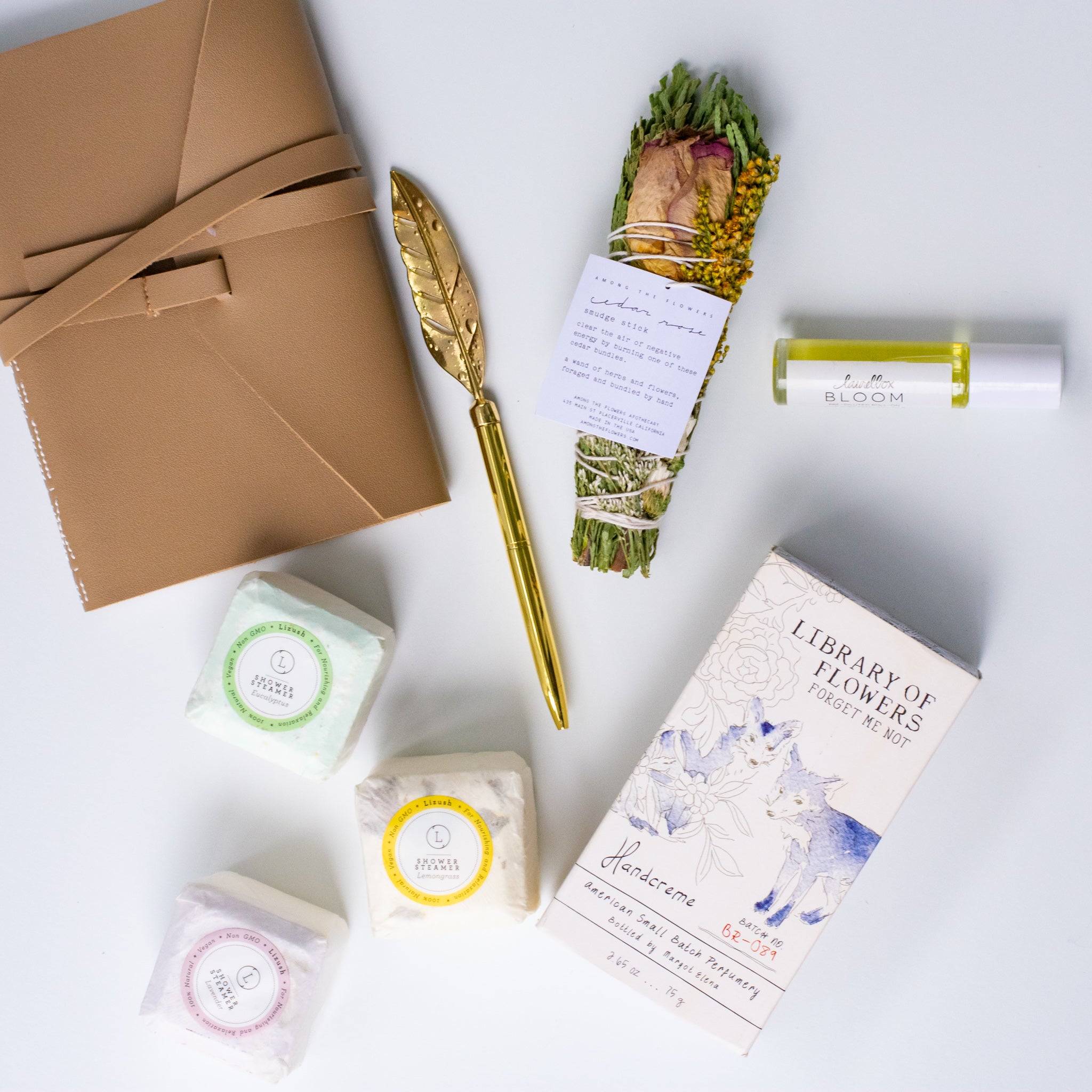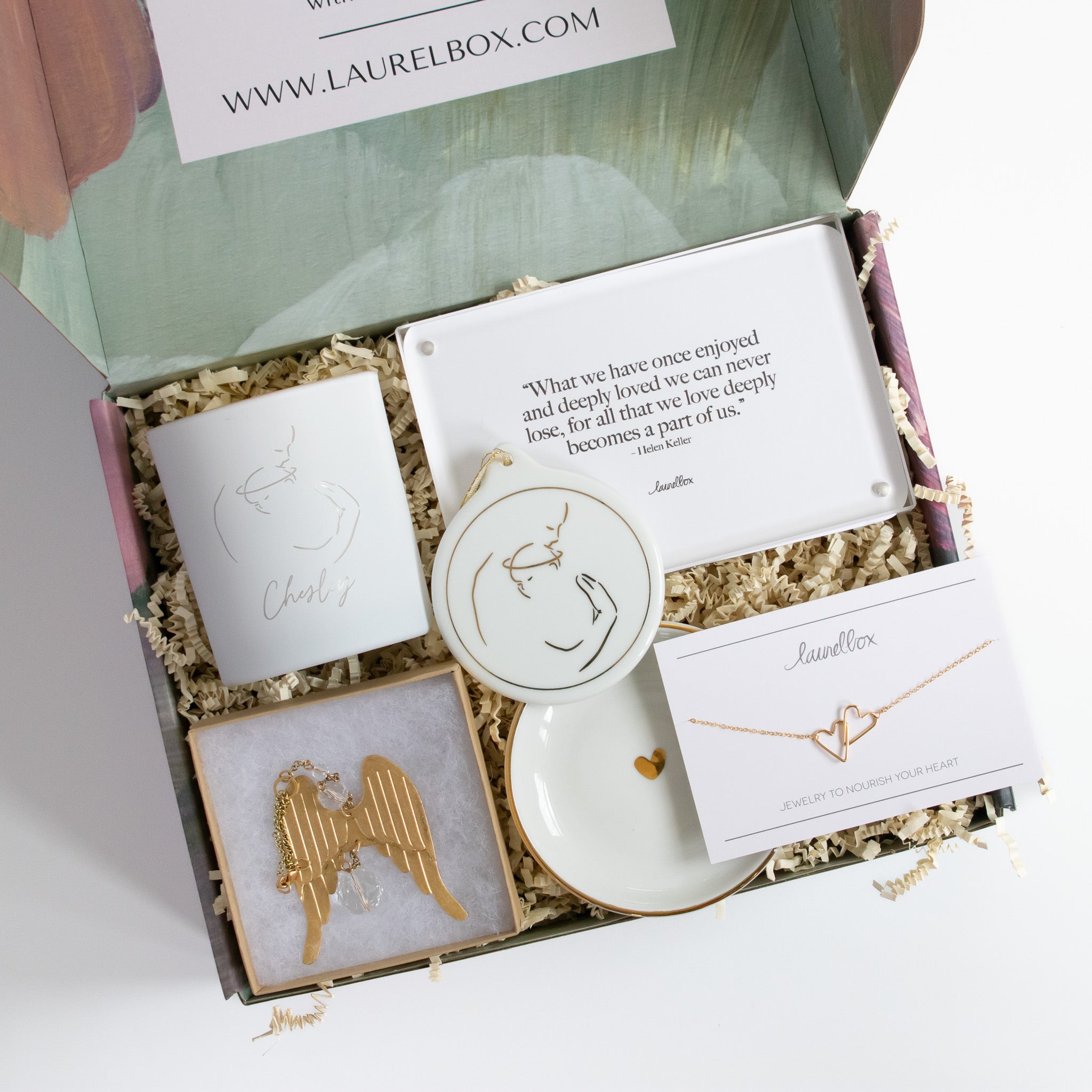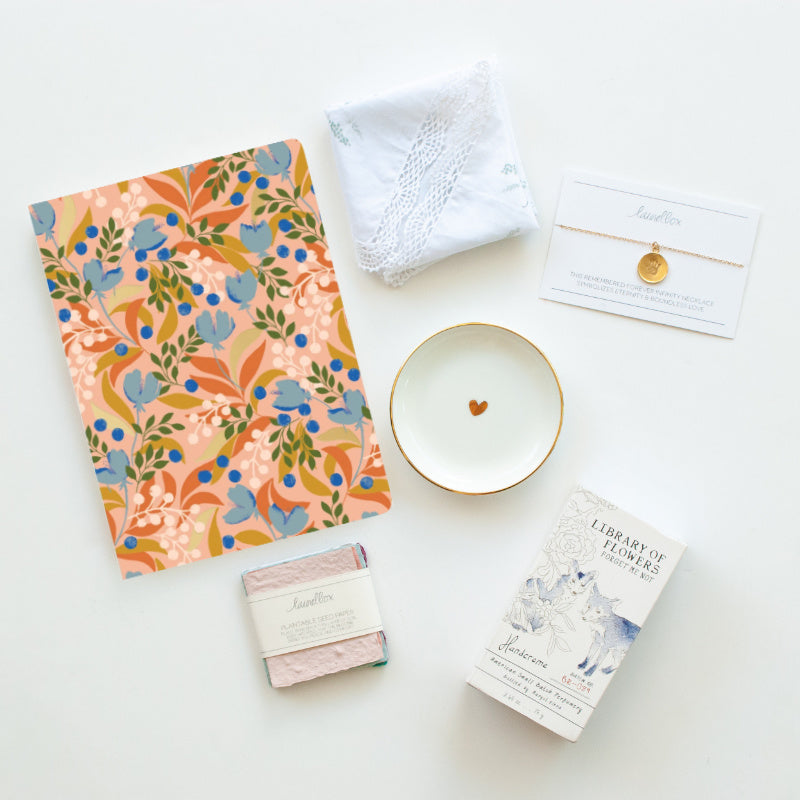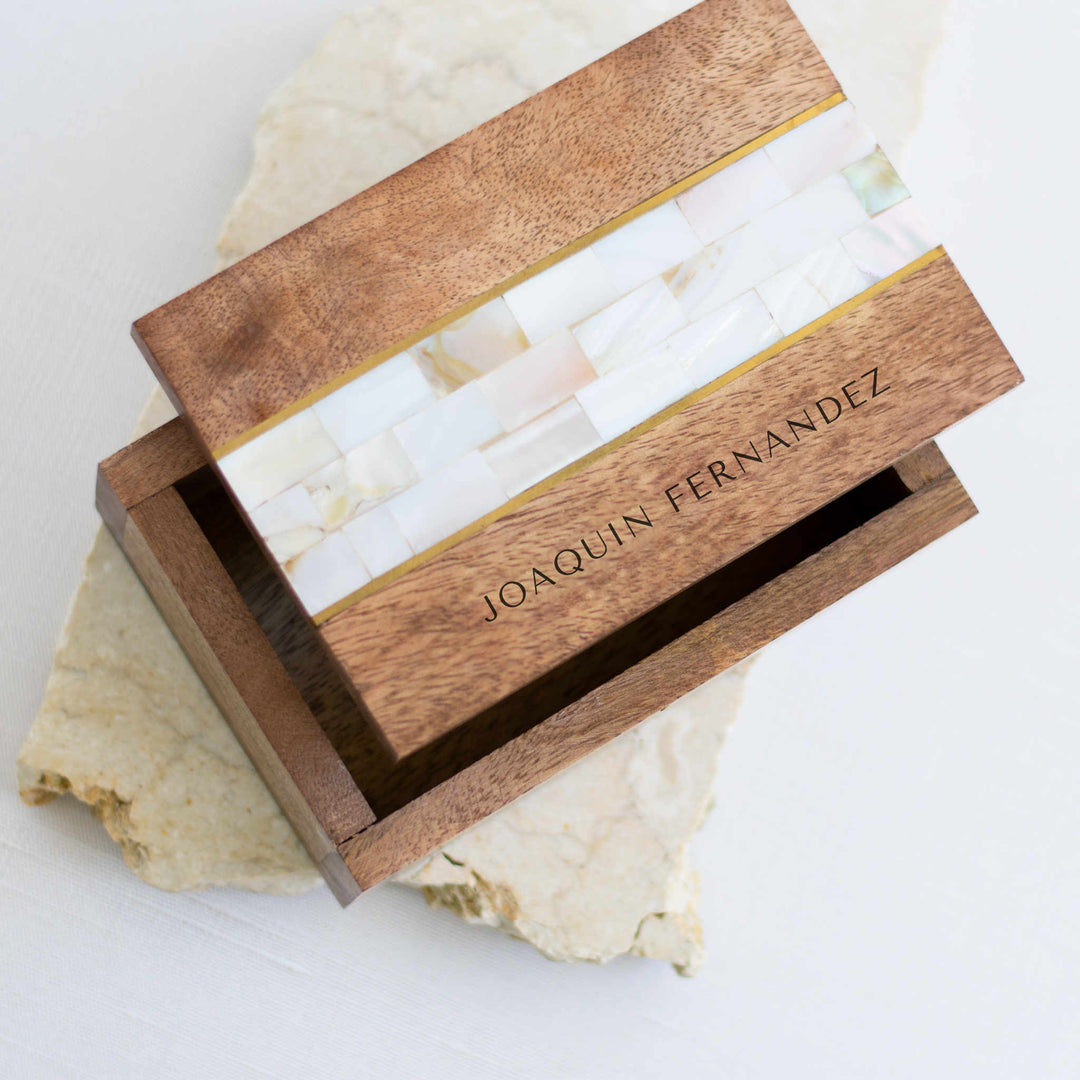Sara Hagerty
by Sara Hagerty
Sara is wife to Nate and mother of six whose arms stretched wide across the expanse between the United States and Africa. After almost a decade of Christian life she was introduced to pain and perplexity and, ultimately, intimacy with Jesus. God met her and moved her when life stopped working for her. And out of the overflow of this perplexity, came her writing, both on her blog and in her books — “Every Bitter Thing is Sweet” and “Unseen: The Gift of Being Hidden in a World that Loves to be Noticed,” which is being released in August 2017. She can be found on Instagram and Facebook.
The brownstone was swelling with song and packed bodies in a small space against the stark winter air. I didn’t think we were going to a house party, I thought, feeling uncomfortable even before I even crossed the front door’s threshold.
We entered to worship music — translated through what sounded like “local” flavor. The furniture was moved to accommodate the standing guests and the musicians’ equipment. This was a cross between a concert and a modern-day church service. Some watched and others participated, but the mood was generally festive. A party among friends, except we only knew the ones with whom we came. Nate and I took one another’s temperature through an eyebrow raise and a discreet turn of the mouth, both of us saying you sure we should stay?
That’s when I saw her.
She was in her late forties or fifties, and her mind seemed lost in a dance. She had little awareness of her surroundings; or if she did I couldn’t tell. Her eyes were closed. She was all hands and body sways and song. I judged her. I speculated. This couldn’t be real. Who is her audience?
As quickly as the thought entered my mind, another phrase trumped it: You don’t know what she’s been through.
Though I couldn’t determine the source, it was enough to cause me to pause. At that point, I was familiar enough with my own internal judgments to know that not many of them produced fruit. And, after all, we’d come out of curiosity, not scorn.
This scene was not our scene and these people, not our people. But we were like researchers, curious about what happened down the street from our little steeple.
So, I decided to pray for this woman in an effort to win over this thread of judgment that was infecting my night.
And my prayer continued throughout the evening; for some reason I couldn’t take my eyes off this woman. As I asked for His heart for her — something I’d only recently begun to practice, as an effort to swim against the judgment I had spent years nursing — this thought came: She’s like Mary.
It came to me as my own thought, but I suspected it wasn’t actually my own thought. After all, I’d not seen her actions in a favorable light and the woman who poured out her alabaster livelihood to anoint the God-Man was one of my favorites.
Now, I felt a little nudge to tell her this. Urgh. I don’t want to do that, I thought. But I felt it to be a restitution for my judging heart — this day, judgment would not win.
I pushed past the concern that if I shared this information it might validate her attention-seeking behavior (which I couldn’t condone — again, another one of judgment’s seeds, that I was somehow responsible for evaluating her), and I approached her where she now was, in the back of the room.
“As I prayed for you I saw you to be like Mary of Bethany,” I said, awkwardly and above the noise, not exactly looking her in the eye. I was not fluent in the language of this environment. She looked away, and then back at me, and then she said nearly the same phrase I’d heard hours earlier:
“You don’t know what I’ve been through.”
Then, without hesitation: “In the past 17 months I’ve lost both my son and my husband. They both died. Worshiping Him is the only place that I can find joy.”
I was silenced, taught a lesson in the way that only a face-to-face story can teach. And then I realized that maybe I’d come here just for this.
Over the decade that followed, I got to be her. Sure, I was too “refined” to flail and wail demonstratively in front of others, but I had a story of emptiness on my insides and an external reach for God that was unconventional as a result.
Barrenness is about what you don’t have, so it’s often undetected. I was sick — my body wasn’t working — but I didn’t have crutches or a sling. I just had my waistline, unmoving. And human nature teaches us to assume that what we see is what’s true.
Just like that woman, I had a story that no one knew unless they pressed. So when Mother’s Day rolled around and we were new in our church, I wanted to be as invisible as my womb. Sitting between round-bellied mamas and women who’d “earned” their gray hair from their babies made me want to tuck my story even deeper inside. Let them notice my outfit, not this pain. A few rough handlers of my story led me to believe that everyone was callous with what they couldn’t understand.
But the joyfully pained woman from years before was my parable: let others in and they might just grow, just like you did when you saw that she was more than what you’d judged.
Mother’s Day has opportunities for both the ones being celebrated and the others who want to hide under their bedsheets and eat chocolate for breakfast, away from all the people. To the one for whom Mother’s Day is painful – single, empty-wombed, on a paper-chase for your child but without a girth to show for it, estranged from one of the ones you love, or without a husband to rally the troops to massage your feet and make your dinner – uncurl your clenched fist, the one that’s holding that story and your pain so tightly. Let Him in. Cry to the God who is nearer to your pain than even you are and ask Him to make this ache part of your greatest story in Him. You might just find Him in a way you never have before, right here.
To the one who’s round-bellied or driving a minivan or with a husband to celebrate you: ladies, this week is your week to try on His eyes for another’s pain. Ask Him to give you a name (or two or three) of those who are hurting and reach right into their stories. They might be slow to respond to you, but know this: they are more than what your eye tells you. These ones in our lives, pained, are the ones who invite us to see that God made hearts and stories with layers and that our eyes tell us only one small part of what’s really there. The broken ones in our pews invite us to see the God who reaches in to them in a way that neat-and-tidy often prevents.
So, sure, it’s a random day on the calendar — remembered the night before (and forgotten the day after) while harried daddies distribute construction paper and crayons with hopes that this somehow translates into love — but for many women, this one random day stirs up a whole lot of not-so-random ache.
And for the rest of us, this one random day stirs up a lot of opportunity to reach in to their stories and love them, there.
Let’s practice, with this one day, seeing the woman in the room — who leads you to think one thing about her when you notice the designer bag she carries or the dated shoes she wears — as a beautiful creation of the God who has another story behind her name.
And see what He tells you, there.







